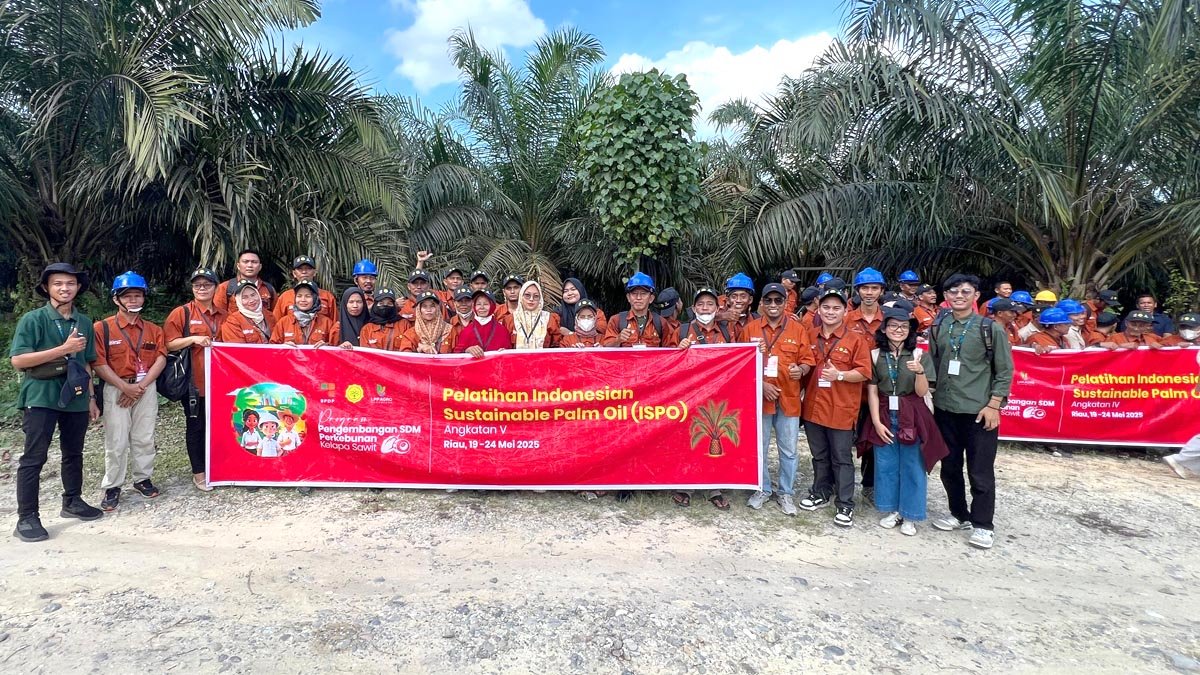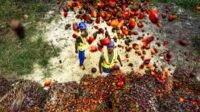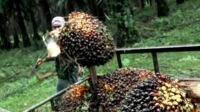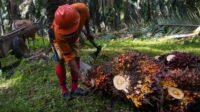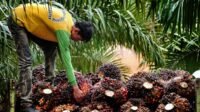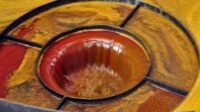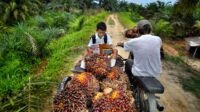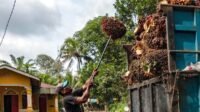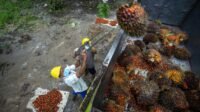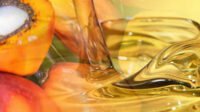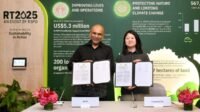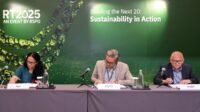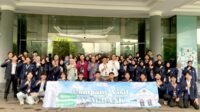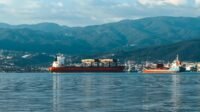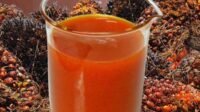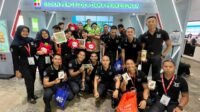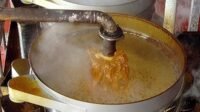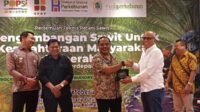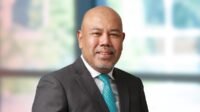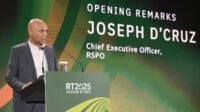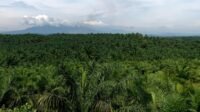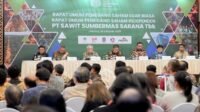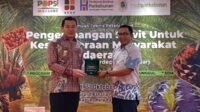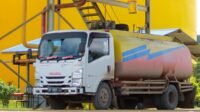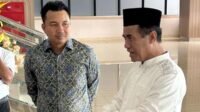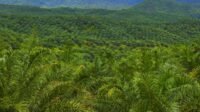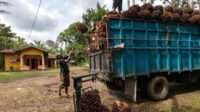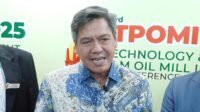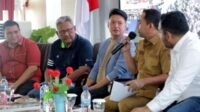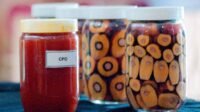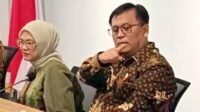PALMOILMAGAZINE, JAKARTA — Musim Mas continues to demonstrate its commitment to building a sustainable and inclusive palm oil industry. One of the company’s concrete steps is encouraging its independent smallholder partners to actively participate in the Palm Oil Human Resources Development Program (SDM PKS) 2025.
The program is initiated by the Palm Oil Plantation Fund Management Agency (BPDP), in collaboration with the Directorate General of Plantations at the Ministry of Agriculture and PT LPP Agro Nusantara, which serves as the appointed training provider.
The SDM PKS training program aims to strengthen the capacity of all actors in the palm oil sector—independent smallholders, agricultural extension officers, field facilitators, government staff, and communities around plantations.
In Riau Province alone, the program targets 1,672 participants, of which 426 are Musim Mas smallholder partners—274 from Rokan Hilir and 152 from Rokan Hulu.
Training Topics: From Leadership to ISPO
Between May and July 2025, Musim Mas-supported farmers received a series of training sessions tailored to their needs on the ground, including:
- Leadership and communication to strengthen their role as community leaders.
- Administrative and financial management for more professional farm business practices.
- Indonesian Sustainable Palm Oil (ISPO) certification training to align with national sustainability standards.
- Farmer group strengthening to foster solidarity and cooperation.
- Best practices in oil palm cultivation to improve productivity and crop quality.
Tackling Smallholder Challenges
For many independent smallholders, limited knowledge remains a major challenge in running plantations effectively. Most rely on inherited practices that do not always reflect best standards. This often results in low productivity, inconsistent crop quality, and limited access to global markets.
Through this program, Musim Mas hopes its smallholders will be better prepared to face these challenges while tapping into greater opportunities in sustainable supply chains.
“Palm oil is more than just a commodity—it’s the livelihood of millions of families and a pillar of our national economy,” said Eddy Abdurrachman, CEO of BPDPKS. “Through this HR Development Program, thousands of farmers, facilitators, teachers, and young people are trained to become more skilled and independent. The goal is not just economic strength, but also fairness for people and the environment. This year, BPDP, together with 18 training institutions, will conduct sessions across 17 provinces and 40 districts in Indonesia,” he said, as quoted in a statement received by Palmoilmagazine.com on Saturday (22/8).
Rob Nicholls, General Manager of Projects and Programs at Musim Mas, also expressed his support, “Musim Mas has long provided Good Agricultural Practices (GAP) training to smallholders as part of our empowerment programs. This BPDP initiative is an excellent complement, expanding farmers’ knowledge and skills in a more holistic way. It aligns perfectly with our mission of building a more sustainable palm oil supply chain.”
Farmers See Real Benefits
Kateni, an independent smallholder and Chair of the Negeri Seribu Kubah Smallholder Association in Riau, shared his experience:
“Musim Mas has supported us with GAP training and helped us form associations. The SDM PKS training is especially valuable in deepening our understanding of ISPO standards and strengthening our organizational capacity. We hope programs like this continue so that more smallholders can progress.”
A Wider Commitment to Sustainability
Musim Mas runs the largest independent smallholder empowerment program in Indonesia. To date, over 47,500 smallholders across six provinces have participated in its training initiatives. The company has also supported 4,654 smallholders to achieve RSPO certification and 2,961 to achieve ISPO certification.
By working closely with BPDPKS, the government, and other partners, Musim Mas believes strengthening smallholder capacity will help create a more resilient, competitive, and sustainable palm oil industry for the future. (P3)

